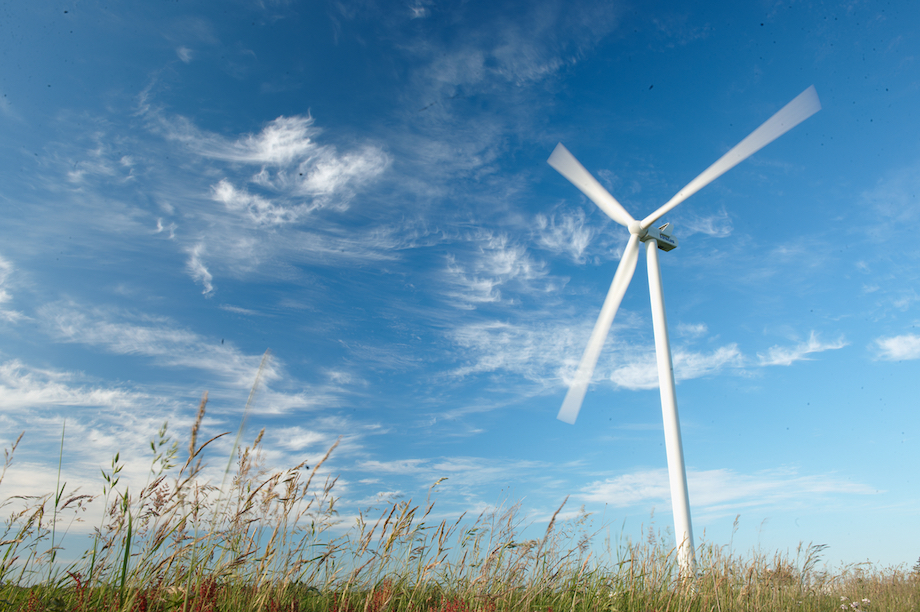Bids must be submitted by 26 November, and projects must be at a late development stage to be eligible, the DEA stated.
The tender is part of a scheme approved by the European Commission in August, and the first of two pitting wind against solar in 2018 and 2019.
The scheme has a total budget of DKK 842 million (€112 million), which the DEA believes is equivalent to about 140MW of onshore wind.
Of this total, DKK 254 million is to be allocated in the first round in 2018, with the remainder to be tendered in autumn 2019.
Danish wind energy association DKVind believes wind projects with a combined capacity of 266MW are currently eligible to compete, but this total could rise to 327MW by 26 November.
DKVind’s chairman Christian Kjær suggested some developers might choose to wait until next year, when the budget is bigger, before entering their projects.
He added: "We have many projects. There are many players, and there is a sensible mix of small and large projects.
"There are far more projects than money has been earmarked for. It promises good competition."
The DKK 130/MWh premium price cap is slightly higher than the record low price of DKK 128.9/MWh achieved in the country’s , which was concluded in December 2016.
This bid cap includes the cost of grid connection and would be paid on top of an unknown, volatile market price. However, under grid access rules that took effect from 1 July, the grid company shall designate the point of connection at the existing grid and with the lowest total cost. For example, the chosen access point cannot be farther away from the wind farm or solar PV plant than the closes, existing 50kV or 60kV substation.
Kjær added that the previous system provided a premium price of DKK 250/MWh for seven years and was "certainly enough to attract investments". DKVind’s analysis suggests that a premium of DKK 130/MWh for 20 years should be similarly attractive.
Kjær told “uåX˜äŠÊ˜·³Ç: "Turbine costs have fallen dramatically, while power prices – both spot and long-term contracts – have increased quite a lot recently.
"I therefore expect the bids to be considerably lower than DKK130/MWh, even though grid costs must be covered by the project developer."
Meanahile, Martin Bøndergaard policy and analysis manager of the Danish Wind Industry Association added: "The competition will mean that the state and the Danes get the most green energy for the deposited pool of money, which is positive.
"However, it may be difficult to maintain the rate of expansion we have had on wind in previous years, and therefore we risk a slowdown in the pace of the green change. This depends ultimately on the bid prices."
Denmark aims to have renewables account for 50% of its energy mix by 2030 and to make the country independent of fossil fuels by 2050.
It currently has 5,751MW of operational wind capacity, according to “uåX˜äŠÊ˜·³Ç Intelligence, the research and data division of “uåX˜äŠÊ˜·³Ç.
In April, Germany held a joint tender pitting wind against solar. Only solar projects were successful. The country's solar and wind associations branded the tender a "failure".

.png)


.png)










